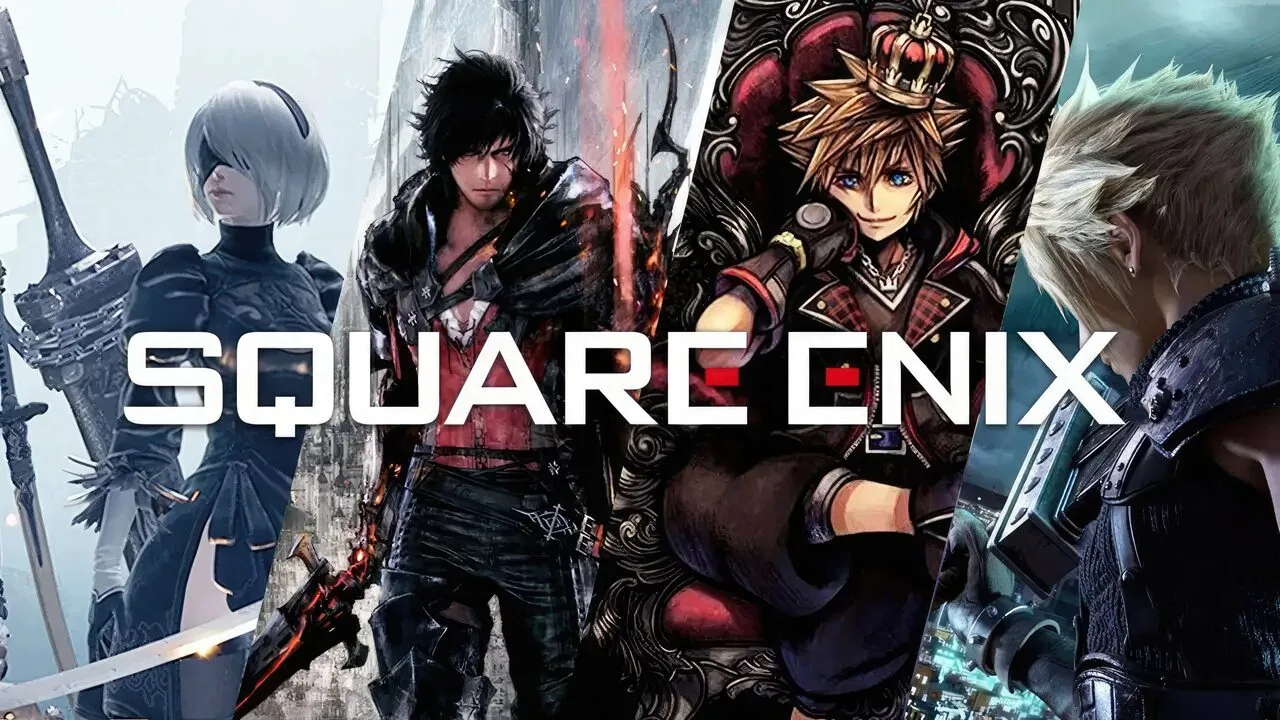Square Enix has unveiled its financial results for the fiscal year ending March 31, 2025, revealing a mixed performance. While net sales declined by 8.9% year-over-year to ¥324,506 million, operating income saw a 24.6% increase, reaching ¥40,580 million. The company attributes this profitability boost to reduced development and marketing costs, alongside stronger-than-expected sales of Dragon Quest III HD-2D Remake.
For context, Square Enix’s net sales of ¥324.5 billion translate to approximately $2.2 billion USD, while operating income of ¥40.6 billion equates to roughly $275 million USD.
As part of its restructuring, Square Enix has discontinued development on certain projects, including a Kingdom Hearts mobile spin-off. The company is shifting focus toward multi-platform releases and optimizing its development structure to cut costs.
The cancelled Kingdom Hearts game is Kingdom Hearts Missing-Link orginally announced in April 2022 as a GPS-based action RPG for iOS and Android. The game was intended to bridge the narrative between Kingdom Hearts Union χ and Kingdom Hearts Dark Road, offering players a chance to explore Scala ad Caelum while battling Heartless.
Initially planned for a 2024 release, Missing-Link underwent multiple delays, including a prototype test in January 2023 and a later postponement in November 2024 to an unannounced date. However, on May 14, 2025, Square Enix officially canceled development, citing difficulties in maintaining a live-service game that would meet player expectations over time.
Ironically, Square Enix annunced that it will be starting the development of a new intelectual property with an ally as TBS Television, the Tokyo-based network best known for Ninja Warrior, Ultraman, and Takeshi’s Castle.
Not much details where shared, but expects a combination of anime/TV Shows along with the launch of the official video game and also, Square Enix will use this as an example for a “quality over quantity” mindset when release game on multiple platforms.
About that, we already know that since last year, Square Enix disengaged on planning on accepting platforms exclusives and will launch games as broader as possible and that were the “quality over quantity” goes in.
Square Enix has announced a three-year business plan aimed at revitalizing its operations. The strategy revolves around four core initiatives:
- Enhancing productivity by optimizing development resources.
- Diversifying revenue streams by strengthening customer engagement.
- Creating foundational stability through operational improvements.
- Balancing capital allocation between growth investments and shareholder returns.
In a more broader point of view, Square Enix plans in the mid- to long-term pipeline to achieve a better achieving of “quality” and it will include to release major titles mainly in key IP on a consistent basis with expectations that results will be captured for the end of Fiscal Year 2027.
Additionally, Square Enix is implementing AI-driven productivity enhancements within its Japanese studios and introducing performance-based bonus funds for employees.
Backstory: Why the Reboot?
The restructuring comes after a steady decline in net sales over the past year, prompting Square Enix to consolidate its development teams under a franchise management division. This move aims to streamline operations and improve efficiency across its portfolio.
Looking ahead, Square Enix is targeting a 15% consolidated operating profit margin by the fiscal year ending March 31, 2027.
With these sweeping changes, Square Enix is positioning itself for long-term growth while ensuring its flagship franchises remain competitive in an evolving gaming landscape.
